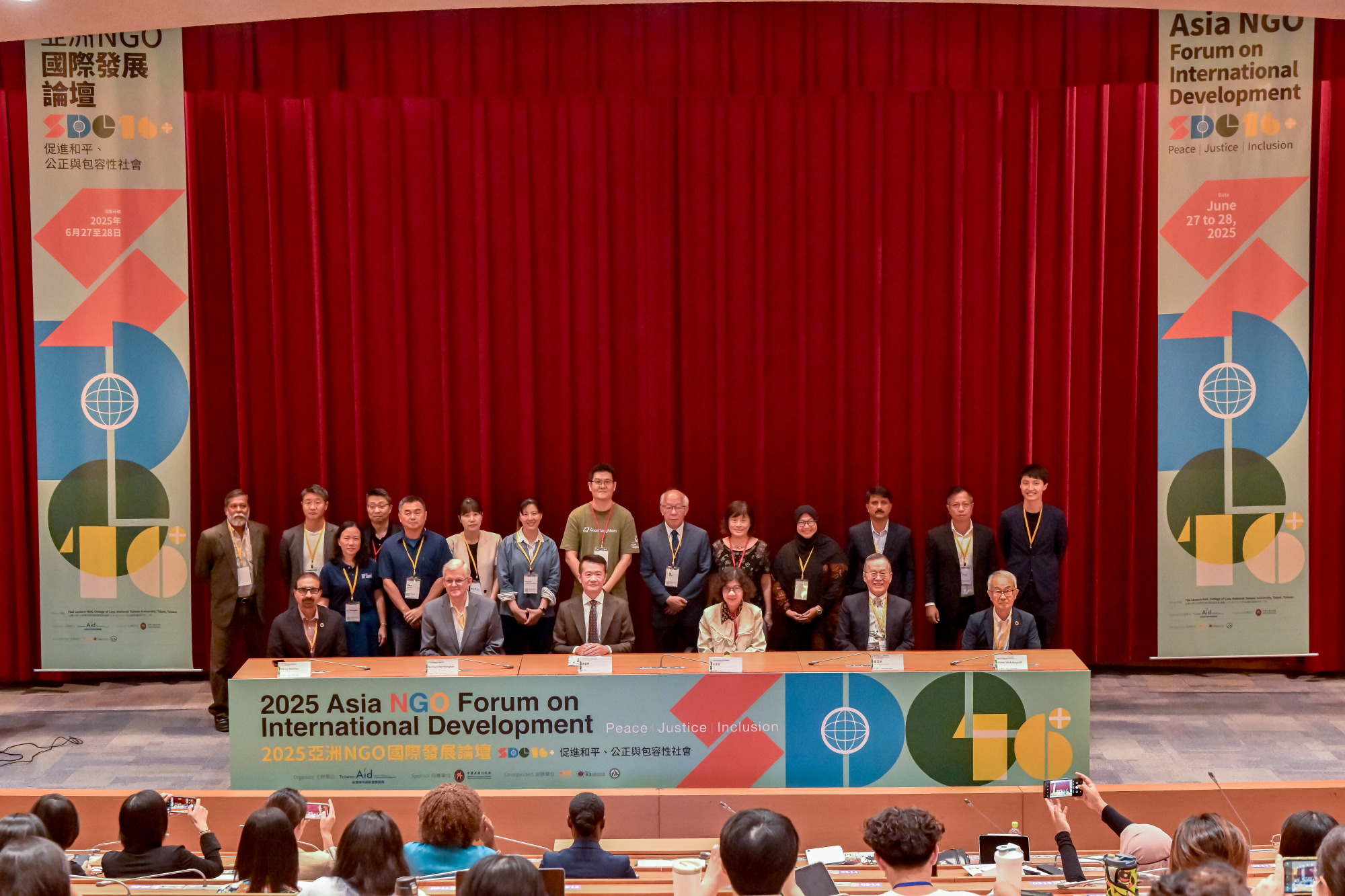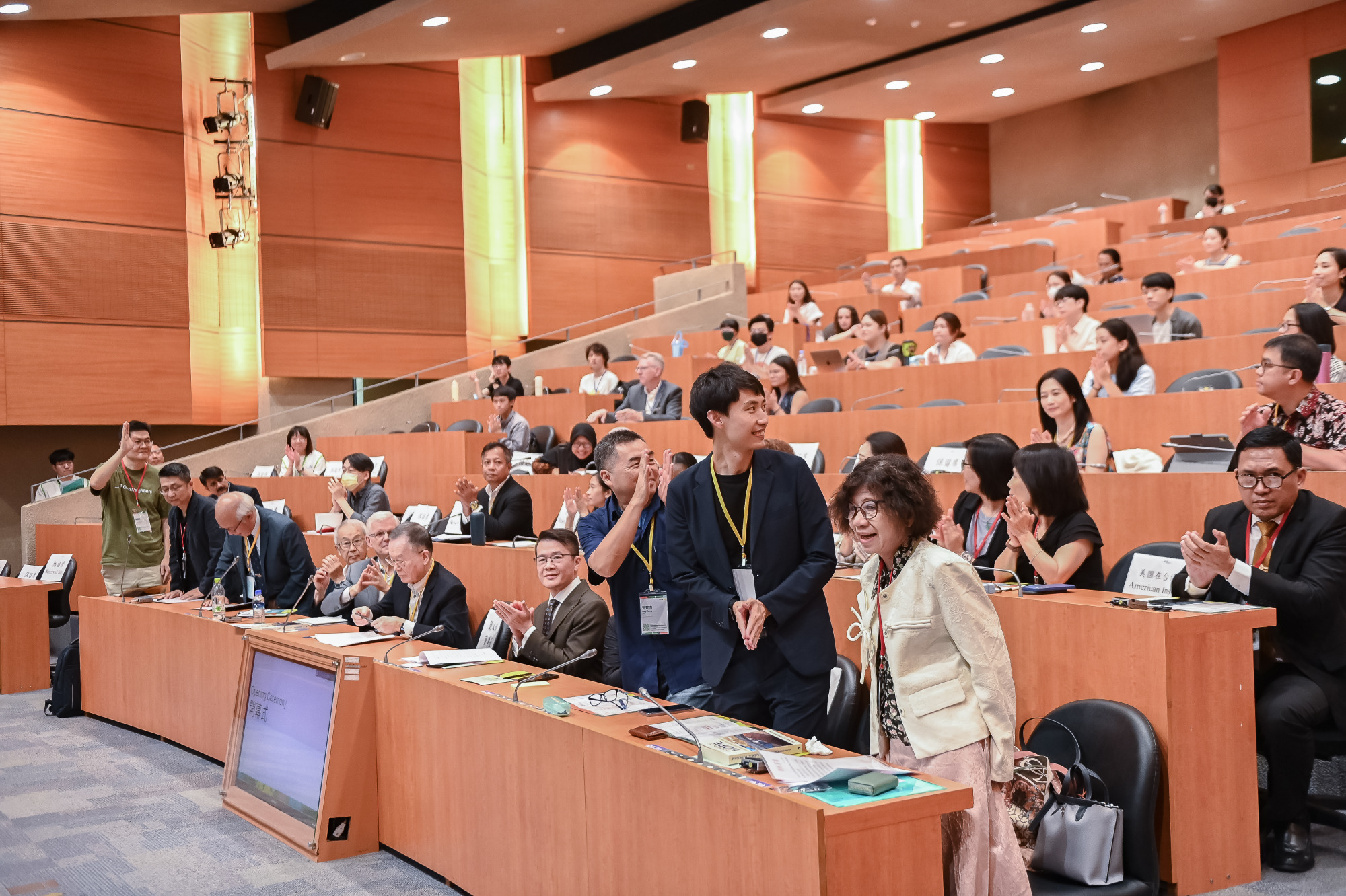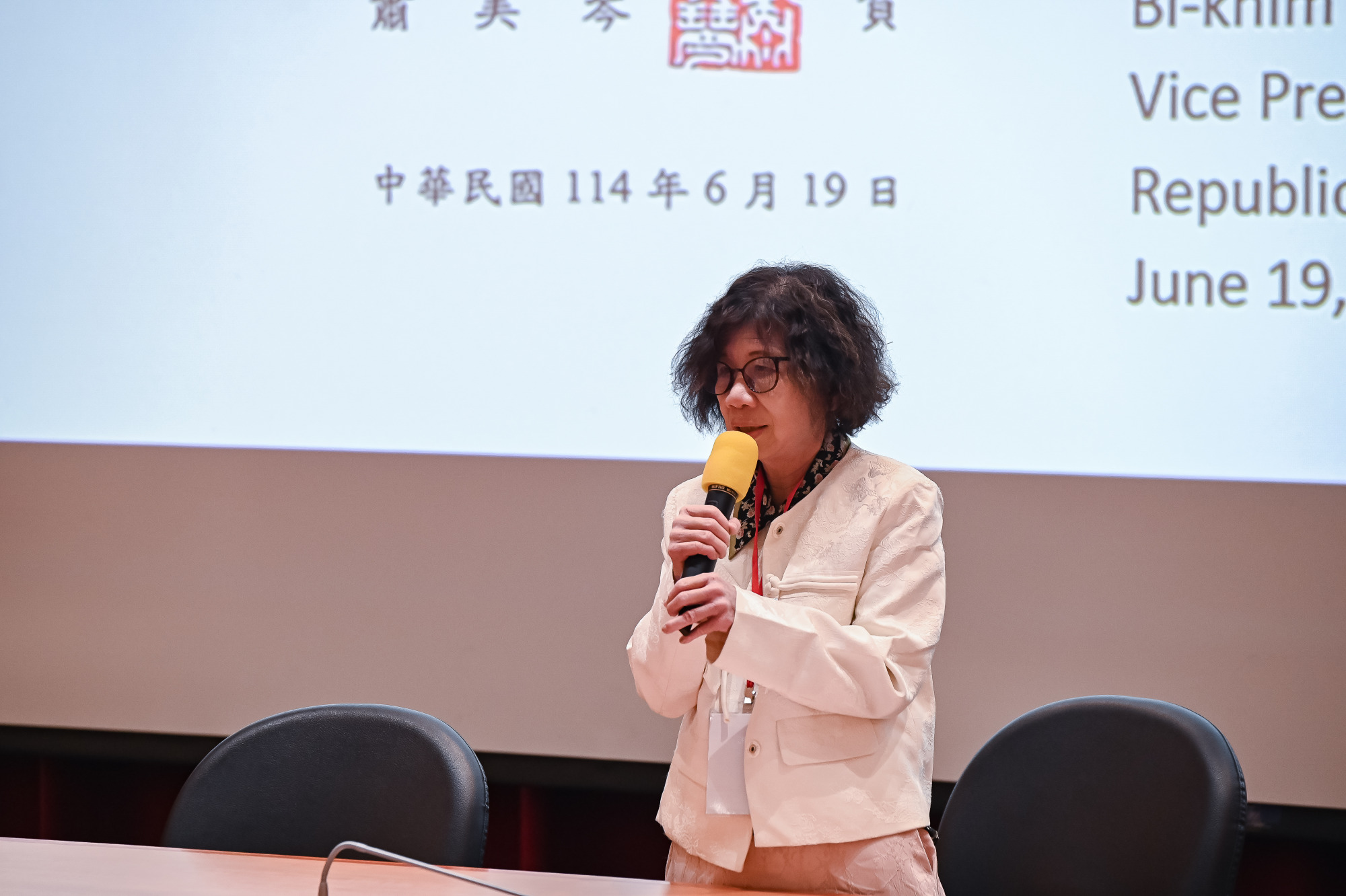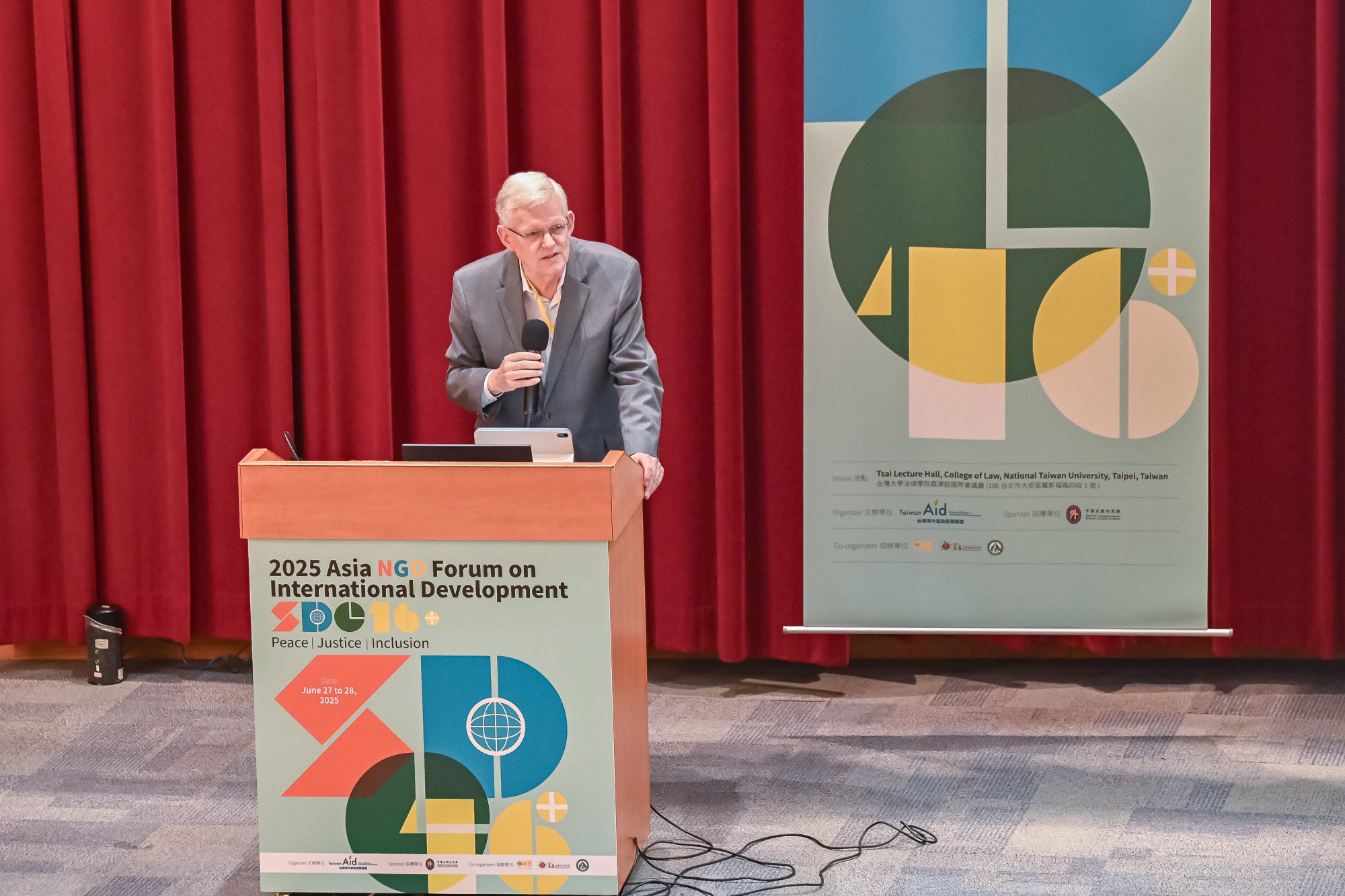
The 2025 Asian NGO International Development Forum was held on June 27 and 28 at College of Law Tsai Lecture Hall of National Taiwan University. It was hosted by the Taiwan Alliance in Intenational Development (Taiwan AID) and attracted more than 250 non-governmental organization (NGO) leaders, scholars and experts from 11 Asian countries to gather together to focus on the practice and challenges of the Sustainable Development Goal 16+ (SDG 16+): "Promoting peaceful, just and inclusive societies."

The forum received congratulatory messages from President Lai Ching-te and Vice President Hsiao Bi-khim, who hoped to promote multilateral cooperation and deepen the development of partnerships and professional capabilities. The opening ceremony was jointly unveiled by Rebecca Wang, Chairperson of Taiwan AID, and Kang Chia-chi, deputy chief of the Ministry of Foreign Affairs (MOFA) Department of NGO International Affairs. Rebecca Wang pointed out that despite the significant reduction in the MOFA's subsidy this year, the organizers still made every effort to facilitate the smooth holding of the forum. Representatives from the Embassy of Saint Vincent and the Grenadines, the Indonesian Economic and Trade Office to Taipei, and the American Institute in Taiwan (AIT) also attended the forum.

The forum invited many expert international speakers to give keynote speeches. Samuel Worthington, from the United States and former CEO of InterAction, pointed out that SDG 16 is the foundation of other sustainable development goals. He believes that without the support of peace, justice, and sound systems, the sustainable progress of any society will eventually lose its foundation. He called for strengthening the foundation of civil society, promoting the digital rights movement led by youth, promoting participatory decision-making, corporate anti-corruption actions, and promoting localization of resources to strengthen the fundamental response to fragility.

Another speaker, Zia Ur Rehman, Secretary General of Asia Development Alliance (ADA), an Asian NGO platform, shared his research that showed that most Asian countries could not achieve the SDG 16+ goals as scheduled. He pointed out that on average, only 2 to 3% of public expenditures in Asian countries were invested in related areas, while only 6 to 8% of global official development assistance (ODA) went to this goal. Shortage of funds, weak institutions, and lack of political will are the three major bottlenecks to promoting progress.
The forum featured four thematic discussions, covering topics such as "Corporate Sustainability Actions— From ESG to SDG16+", "Migrant Worker Empowerment and Inclusive Societies", "Digital Rights and Cybersecurity", and "Children’s Access to Justice and Rights Protection". Senior NGO workers from Indonesia, the Philippines, Vietnam, Cambodia, South Korea, Thailand, and India shared their frontline practical experiences, sparking rich exchanges that resonated deeply with the participants.
However, in the face of global funding constraints, NGOs are facing unprecedented pressure. In February this year, the United States Agency for International Development (USAID) drastically cut its budget, resulting in the suspension of many aid programs and a shortage of NGO manpower. The global humanitarian aid system is facing major challenges. Samuel Worthington encouraged NGO practitioners with the words "We are prisoners of hope" and not to give up hope even when we are at our lowest point; Zia emphasized: "Acting in the most difficult times is the most sincere commitment to peace, justice, and inclusion."
The Asian NGO International Development Forum is held every two years and is a representative event in Taiwan's international aid and development field. Through this forum, participants not only discussed sustainability issues in depth but also strengthened cross-border collaboration, deepened the connection between local experience and global vision, and injected solid strength into promoting a just and inclusive world society.